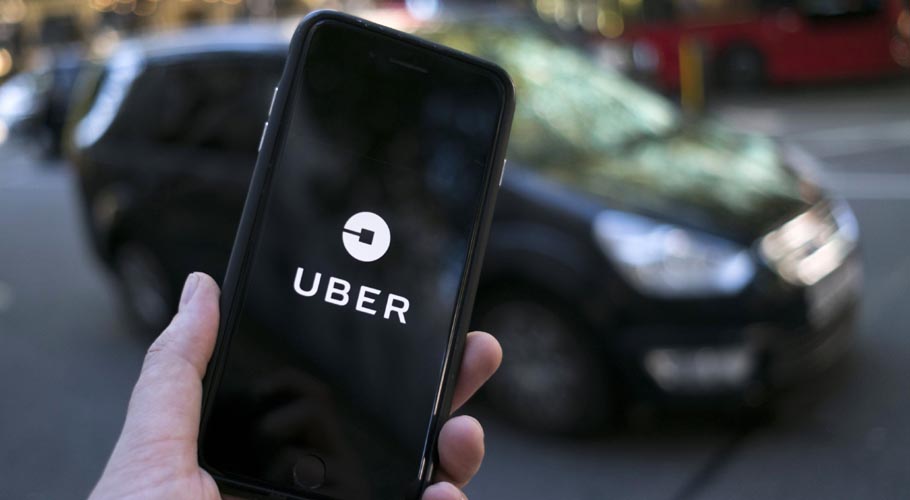On Tuesday, the ride-hailing app Uber announced that it would stop operating in Karachi, Multan, Faisalabad, Peshawar, and Islamabad and would only be available in Lahore.
“We’ve made the decision to cease operating the Uber app in Karachi, Multan, Faisalabad, Peshawar and Islamabad. Uber remains committed to Pakistan – we will continue to serve these five cities with our subsidiary brand Careem and continue to operate the Uber app in Lahore,” said the ride-hailing service in a statement.
In the five cities where they are no longer providing their services, the ride-hailing app instructed its users to use Careem, the app they purchased in 2019.
Global ride-hailing service Uber had acquire its then Middle East rival Careem for $3.1 billion in March 2019.
“Careem and Uber are joining forces. We have reached an agreement in which Uber will acquire Careem for $3.1 billion,” a joint statement had said.
Under the deal, Careem became a wholly owned subsidiary of Uber but continues to operate independently with its own branding, services and separate app.
On the other side, Uber’s former chief security officer was found guilty of covering up a 2016 data breach in which hackers gained access to tens of millions of customer records.
Federal prosecutors stated that a federal jury in San Francisco convicted Joseph Sullivan of obstructing justice and concealing knowledge of a federal crime.
Considered the first criminal case involving a business executive for handling a data breach, the lawsuit was closely followed in cybersecurity circles.
Joe Sullivan, sacked in 2017 for the incident, was found guilty by a San Francisco jury on Tuesday of obstructing a Federal Trade Commission investigation.
At the time of the breach in 2016, the regulator was investigating the car reservation service for another cybersecurity flaw that had occurred two years earlier.
Prosecutors said Sullivan had taken steps to ensure that the data compromised during the attack would not be disclosed.
According to court documents, two hackers approached Sullivan’s team to notify Uber of a security flaw that revealed the personal information of nearly 60 million drivers and motorcyclists on the platform.
The hackers, one of whom testified at the trial, rejected the company’s offer of $ 10,000 – the maximum payout under Uber’s “bug bounty” policy designed to encourage private disclosure of security breaches – and threatened to release the data if a higher paid cost has not been applied.













